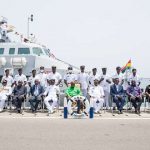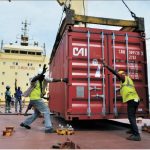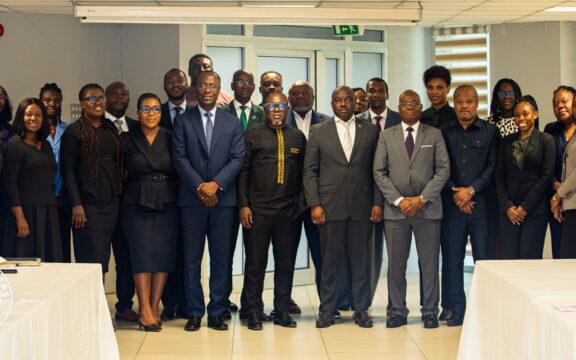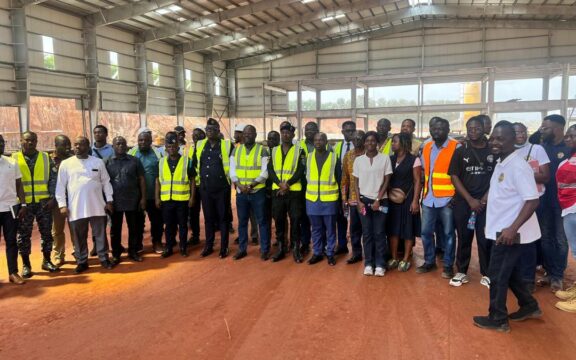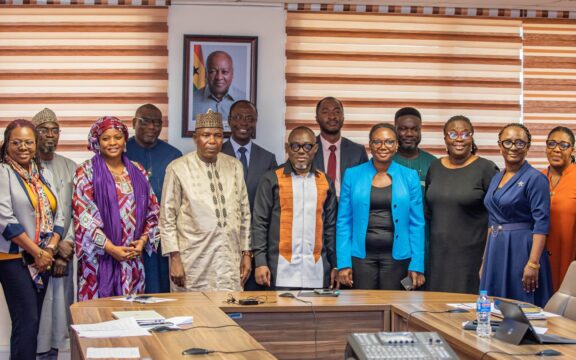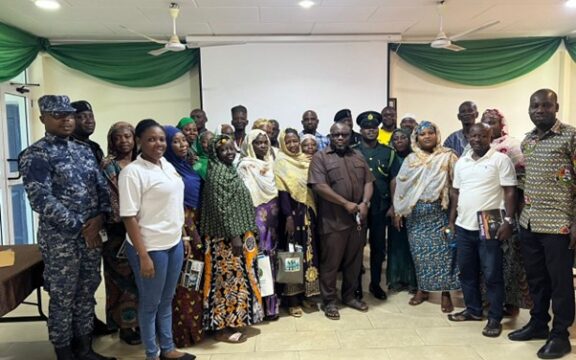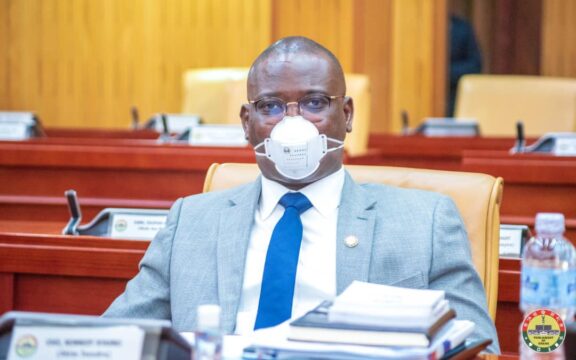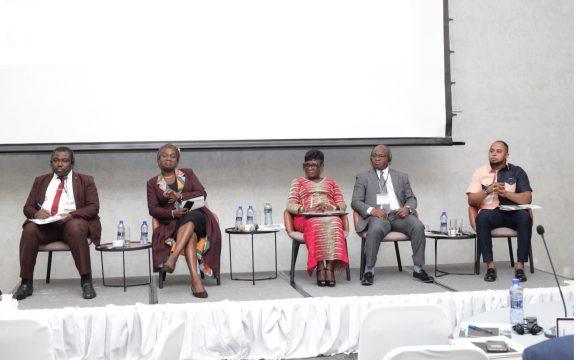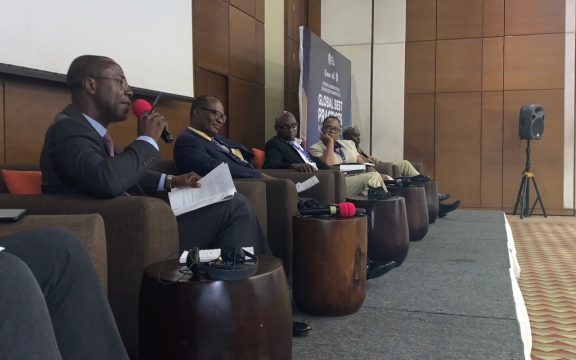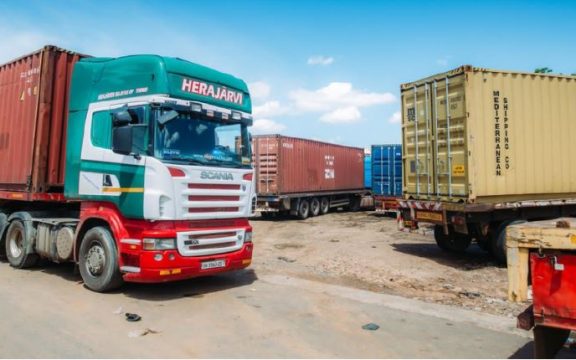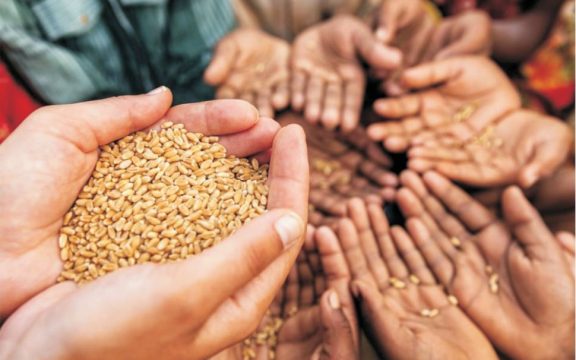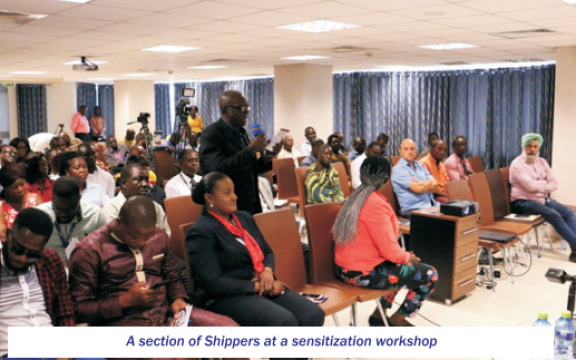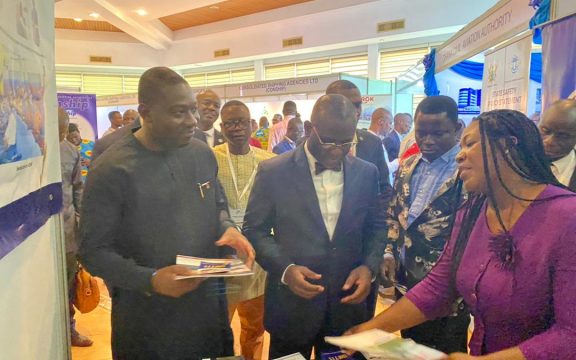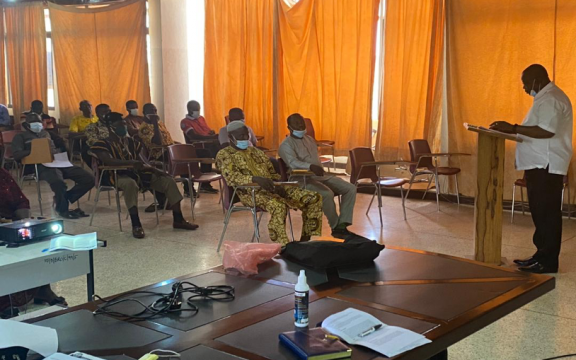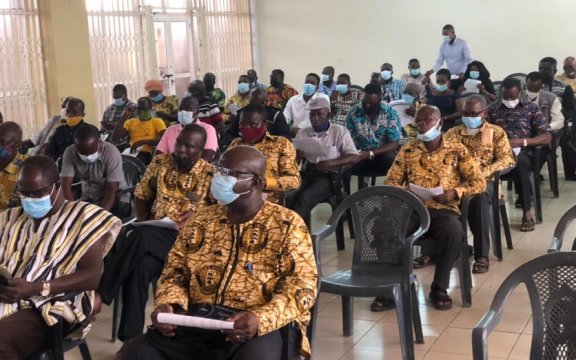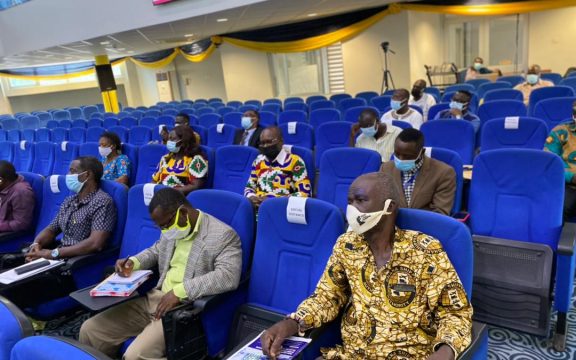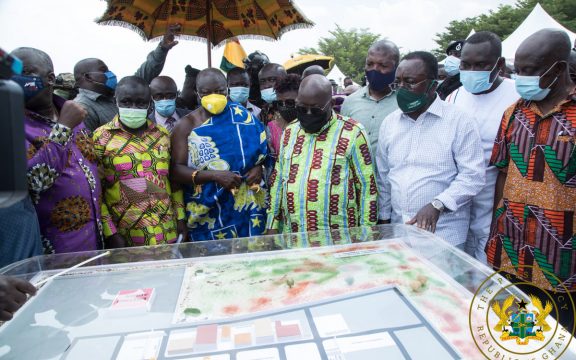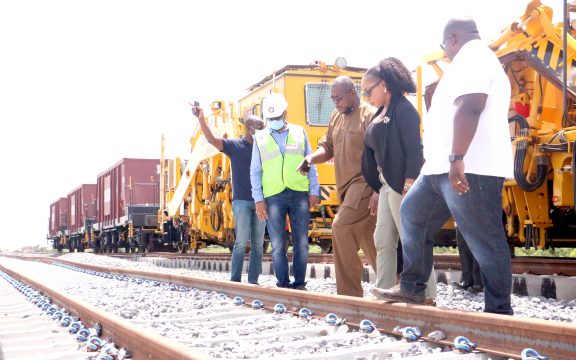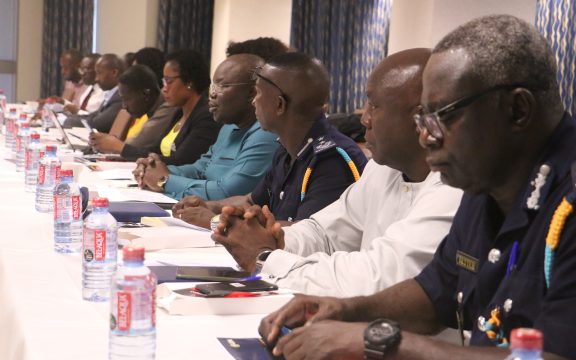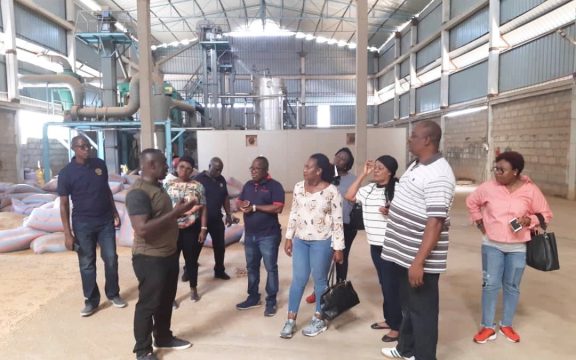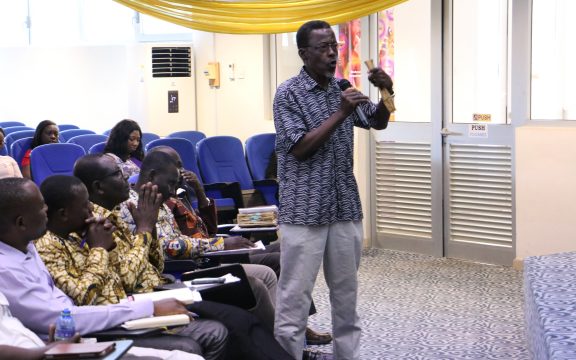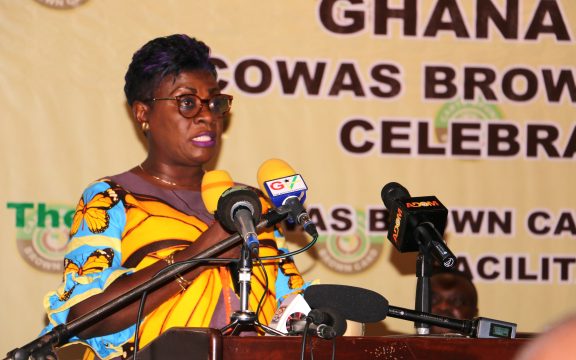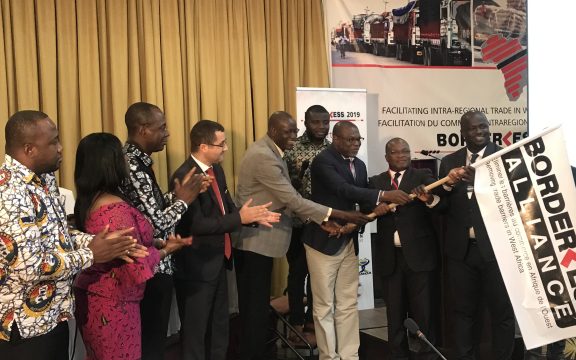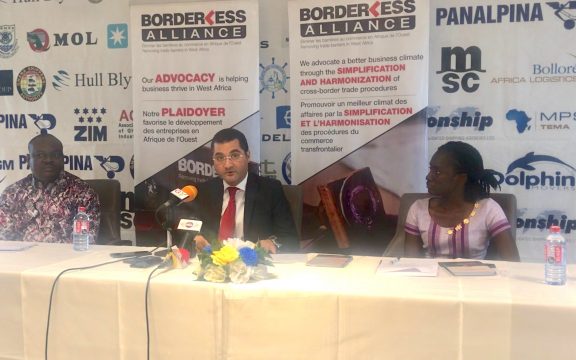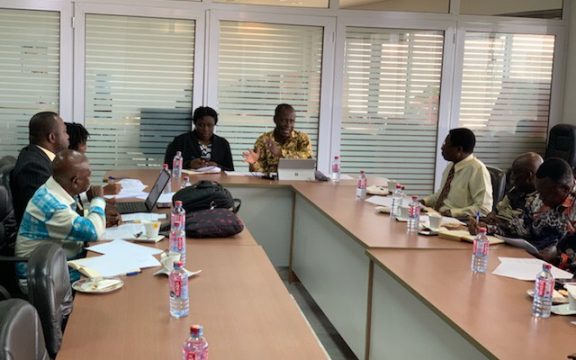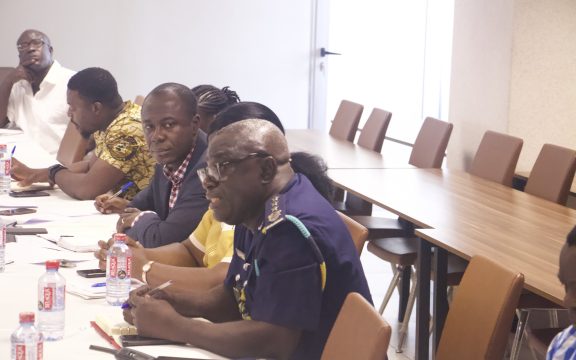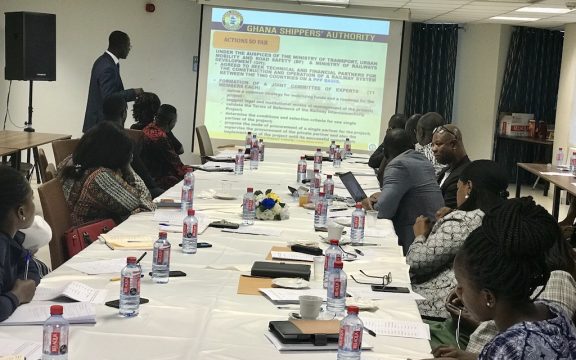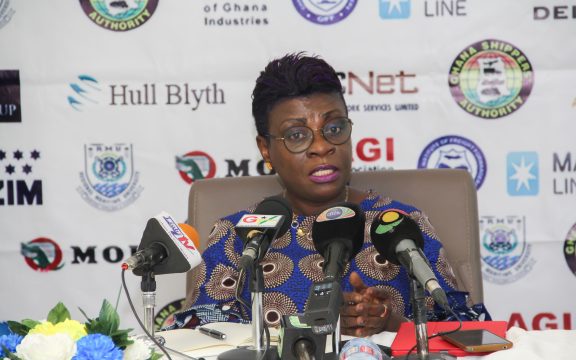 According to the African Union, there are 55 countries on the continent. Since 1950, 45 of them have experienced either a coup attempt or successful coup. Data by researchers Powell and Thyne showed that between that year and 2021, 486 coups were attempted and 242 were successful around the world. Out of the attempted coup 214 took place in Africa. Out of the 242 successful coups which occurred in the same period, 106 took place in Africa – the highest in any region. Sudan in the same period has been the most affected country; recording a total of 17 attempted and successful coups.
According to the African Union, there are 55 countries on the continent. Since 1950, 45 of them have experienced either a coup attempt or successful coup. Data by researchers Powell and Thyne showed that between that year and 2021, 486 coups were attempted and 242 were successful around the world. Out of the attempted coup 214 took place in Africa. Out of the 242 successful coups which occurred in the same period, 106 took place in Africa – the highest in any region. Sudan in the same period has been the most affected country; recording a total of 17 attempted and successful coups.
Many reasons have emerged over the years as engendering the coups. The Peace and Security council of the African Union has identified a couple which include “governance deficiencies, greed, selfishness, mismanagement of diversity and opportunity, marginalization, abuse of human rights, refusal to accept electoral defeat, unconstitutional review of constitutions to serve narrow interest” (‘third termism’) and corruption.
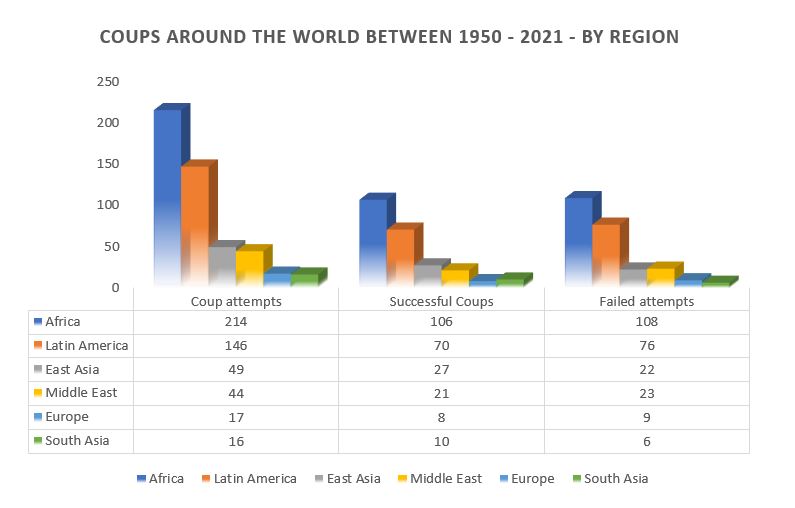
Coups in Landlocked Countries
With 16 out of 55 countries being landlocked, Africa has the highest incidence of landlocked in the world involving over 300 million people. The geography of these countries comes along with some pains including paying more for imports and exports, waiting longer for imported goods (because they have to go through transit countries) as well as being directly impacted by the political stability of coastal neighbors. Therefore anything that introduces restrictions further burdens their trade.
Research has found that political instability significantly reduces economic growth, both statistically and economically because political stability and economic growth are interlinked.
Political stability unencumbered and unrestricted trade has been one of the keys to overcoming the geographical disadvantage which is economically constraining. It therefore goes without saying that greater efforts must be invested in maintaining political stability because anything short further increases the pain of being landlocked.
Conscious of the impact of political stability on economic growth and development, there has been a period of relative stability across most landlocked countries in the last two decades or so. Very worryingly however, the last five years have seen a surge in coup d’états in some landlocked countries. One of the immediate actions of coup makers is to close all borders and put in place other restrictions to ensure they have full and proper control of all points of entry and exit into the territory.
The actions of coup makers first create political instability and then introduce restrictions; the very things that hurt trade and investments for any country. For landlocked countries, such developments exacerbate the pains of being landlocked.
Burkina Faso in January, 2022 became the latest African country where the military took over the reins of power. Across the border in Mali, an army Colonel; Asimi Goita ousted President Boubacar Keita and another civilian government in August 2020 and May 2021 respectively. Not too far away in the Sahel, Mahamat Idriss Derby managed an ‘unusual coup’ in Chad after the death of his father (who himself came to power through a coup) died in April 2021.
These (3) countries make up 50% of the landlocked countries in the Western and Central parts of the continent. Some of the countries in this region have struggled with maintaining political stability and keeping the military at the barracks (instead of presidential palaces) for many years. These struggles have had devastating effects on their individual economies and have also affected the region as a whole.
The 2019 Economic Development Report of UNCTAD showed that West Africa’s contribution to world trade remains relatively low, whether for coastal or landlocked countries. Its share of intra-regional trade represents less than 10% of each country’s trade. “There have been serious concerns about the region’s recent rapidly declining political stability, as well as a very fast decline in political rights and civil liberties” and security following three successful coups in Mali, Guinea and Burkina Faso and a failed coup attempt in Guinea Bissau. Security challenges from the Sahel have run through Mali and Burkina Faso and threatening to affect the southern/coastal parts. The six (6) Landlocked countries in the region alone have since 1950 experienced forty-seven (47) coup attempts and twenty-seven (27) successful coups.
 In Eastern Africa, analyzed data on landlocked countries showed that there have been nine (9) coup attempts and ten (10) successful coups. Ethiopia from the data had recorded more successful coups than coup attempts.
In Eastern Africa, analyzed data on landlocked countries showed that there have been nine (9) coup attempts and ten (10) successful coups. Ethiopia from the data had recorded more successful coups than coup attempts.
Landlocked countries in Southern Africa in the same period experienced the least number of coups compared to other regions. Based on the data analyzed, there have been four (4) successful coups and eight (8) coups attempts within the same period. Indeed Botswana is one of the few countries both in Africa and among landlocked countries that has never experienced a military coup. At three (3) and four (4), Lesotho has had the most number of successful coups and coup attempts respectively. A 2017 In On Africa (IOA) report suggested that the majority of refugees from Africa are from landlocked countries (citing conflicts in the Central African Republic, Mali, Chad, South Sudan). It estimated that this number runs into the tens of millions, landlocked countries themselves making up about 29% of Africa’s estimated 1.2 billion population.



Nexus between landlockedness, coups and difficult trade – A Malian example
Exports and imports are some of the key drivers of economic growth but restrictions imposed by coup makers and trade sanctions stifle trade. Nothwithstanding these, the recent coup in Mali, saw coup leaders announce the closure of all land and air borders which are yet to be fully eased. These actions have further slowed their already tardy trade.
Sanctions imposed on ‘democratically backsliden’ countries by regional bodies and the international community ultimately affect traders by increasing trade costs for both imports and exports which are passed on to consumers and ultimately affect the competitiveness of Malian traders. A coup in May 2021 was Mali’s second in the last two years following which ECOWAS imposed stricter sanctions on the West African country.
The latest sanctions included the recall of ECOWAS member states ambassadors accredited to Mali; closure of land and air borders; suspension of all commercial and financial transactions except for food products, pharmaceutical products, medical supplies, and equipment, including materials for the control of COVID-19, petroleum products and electricity; freezing of Malian assets in ECOWAS central banks; and the suspension of all financial assistance and transactions with all financial institutions, particularly the ECOWAS Bank for Investment and Development (EBID) and Banque Ouest-Africaine de Développement (BOAD). Mali has also been suspended from the AfCFTA as well as by the African Union which has also barred it from participating in all of its activities.
Direct effects of the coup
The sanctions have began to bite already, as the Malian government said the restrictions imposed on it in January 2022 by ECOWAS prevented it from honouring its latest bond payments. It says it has defaulted on more than $31m of bond payments because of the financial freeze.
With all ECOWAS member countries applying sanctions on Mali, the leadership of the National Committee of Reconciliation and Development (CNRD) behind Guinea’s coup in September 2021 refused to enforce the ECOWAS sanctions on Mali having been suspended from the regional bloc itself. They have continued to maintain open air, land and sea borders with Mali. Guinea’s decision remains an exception in the region which has forced Mali to retain maritime access through the port of Conakry which is not the most efficient compared to the ports of Dakar or Abidjan.
Inefficient ports are expensive ports but this decision by the Guinean government has provided some breathing space for traders and indeed the national economy while the sanctions remain.
Even though traders in Mali are able to escape the country’s trade sanctions through Guinea, the extra costs will eventually be passed on to consumers who already pay higher for imported goods.
This makes the cost of food and cost of living more expensive than it already is after the economic impacts of the COVID-19 pandemic shrank and stretched household incomes. With the Ukrainian war on-going, the world is feeling the pinch of soaring fuel prices which has direct effects on the prices of everyday goods in most developing countries, Mali included.
Trade creates jobs and provides domestic consumers, particularly low-income households, with access to more affordable goods and services. E.g., cheaper smartphones have allowed people in low-income countries to have access to the internet and other online tools, enabling them to be better integrate with the world and enjoy the benefits of the internet. Increased trade costs as result of these sanctions erode the purchasing power of these low-income households.
The effects of the COVID-19 pandemic have been devastating for developing countries. It has rolled back a decade’s progress towards achieving the SDGs. With the coup, sanctions and global economic effects of the Russia-Ukraine war, all impacting the prices of consumer goods, more people will be forced back into extreme poverty.
The Malian authorities are also reported to have toured Mauritania (port of Nouakchott about 1,446.10 km to Bamako) and Algeria (port of Algiers about 5,015.10 km to Bamako) as well to strengthen bilateral ties as part of a ‘response plan’ to the sanctions. This will directly affect transport prices/trade costs for traders. It will also directly affect transit trade volumes of the ports that have invested in the trade.
As an importer of manufactured goods, Mali is a customer for the ports of Dakar, Abidjan and Tema which could see a slowdown in this business. As Malian traders are forced to use Conakry port because of ECOWAS sanctions, they will build relationships in Conakry port, which will help the port to increase its share of transit trade from Mali and ultimately affect the volume of transit business becoming available to the traditional transit ports/countries.
There are also significant effects on informal cross-border trade. As described by UNCTAD, this kind of trade is between neighbouring countries conducted by vulnerable, small unregistered traders. Based on UNCTAD estimates, 70-80% of these traders are women and has been linked to supporting regional food security and women empowerment. It also has a positive impact on poverty reduction and improving access to education for children. Coups, resultant border closures and sanctions affect these directly and will be even more painful for women in landlocked countries. The COVID-19 pandemic has eroded a significant part of the gains made towards achieving the SDGs and with the coup, sanctions and global economic effects of the Russia-Ukraine war, more people will suffer the more.
The coup and sanctions have influenced investors, some of which have adopted a ‘wait and see’ posture which impacts the economy and also reduces employment opportunities. Some are waiting for sanctions to be lifted and others when there is shift to democratic governance before they invest. Studies highlight how successful coups “threaten the stability of political institutions essential for regulating markets and enforcing contracts.
Foreign firms often rely on the threat of litigation to protect property rights and ensure the fulfillment of contracts and other obligations” (Levchenko 2012). These institutions could be rendered ineffective as guarantors of trade contracts. As these mechanisms for enforcing contracts become unreliable, investors face the threat of receiving no compensation for contract breaches by domestic trade partners. This makes them cautious about their investment decisions.
Sanctions as result of the coup have weakened the government’s ability to provide essential public goods such as health care and education and service its debts as the government itself reported in January. UNCTAD has recently drawn attention to a decrease of global economic growth projected for 2022 from 3.6% to 2.6%. Even worse, developing countries will need USD 300 billion to service external public debts which is about 9.2% of outstanding stock of public debt at end 2020. The World Bank sounded the alarm in March that “over the next 12 months, as many as a dozen developing countries could prove unable to service their debt”. Another disturbing feature of the debt issue is that “much of the debt of developing economies involves variable interest rates – meaning they could rise almost as suddenly as rates on credit-card debt”.
Conclusion
Coups everywhere disrupt economic growth. For landlocked countries it is more devastating because apart from setting the country back, it further hardens efforts to rise above the challenges of being landlocked.
Due the special geographic circumstances of landlocked countries, political crisis in those countries must be resolved speedily and skillfully resolved in order to return them to a path of democratic governance. Mediators should be mindful to broker country-suitable democratic solutions that ensure political stability and engender economic growth and development for the ordinary people not a one-size-fits-all democratic system that benefits only a few.

